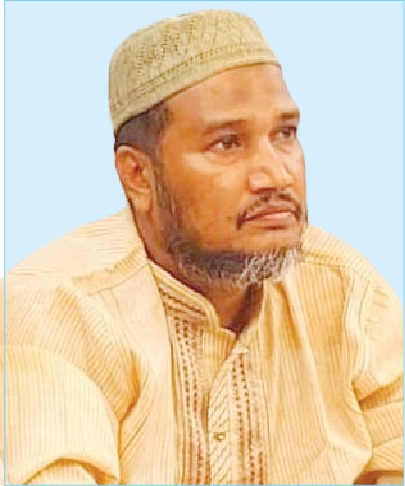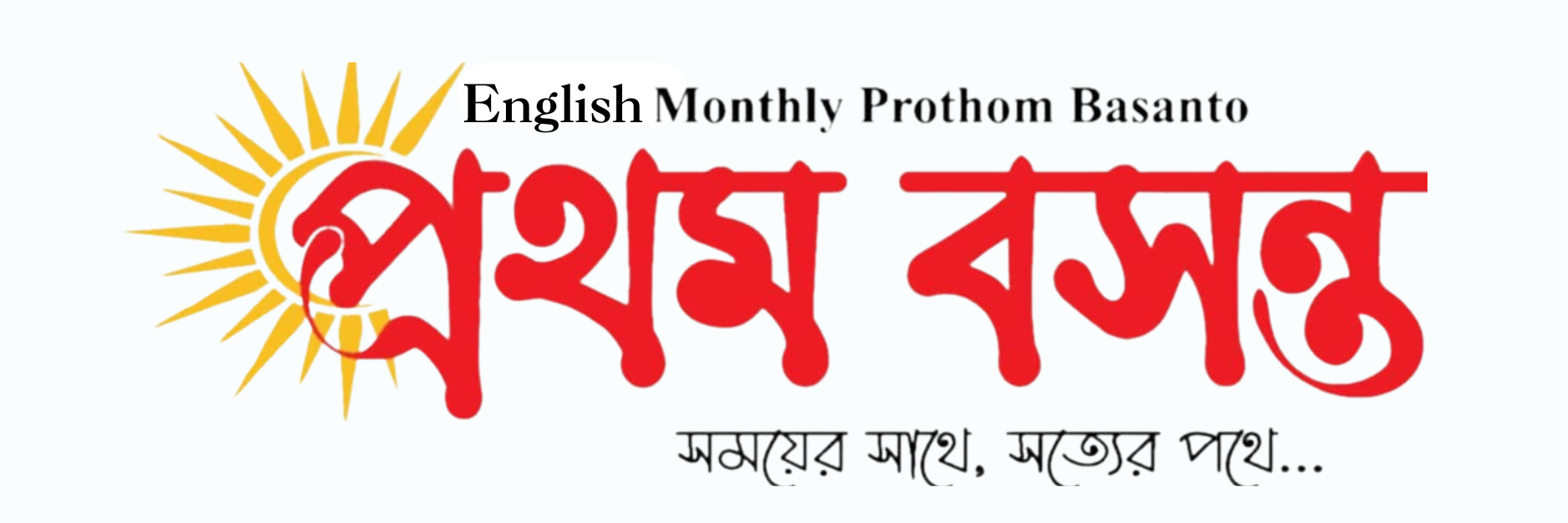
Priority on Reducing Commodity Prices, Reforms, and Elections
By Muhammad Fazlul Karim Talukdar
In general, the poor people of our country are not doing well. They struggle to have two full meals a day. The common people are in dire straits, barely managing to make ends meet. They are bearing the brunt of skyrocketing prices of daily essentials like rice, lentils, oil, onions, fish, and meat, exacerbated by high inflation. Some unscrupulous traders are controlling the country’s trade and commerce, creating syndicates to increase the prices of essentials. As a result, millions of ordinary consumers are suffering immense hardships every day. Even the price of basic rice has risen to 65/70 taka per kilogram.
Despite an increase in domestic rice production and the arrival of new rice in the market, there seems to be no shortage in supply. Yet, the public cannot comprehend why rice prices are soaring without reason. The lives of ordinary people are being crushed under this burden. If the price of rice continues to leap at this rate, it is feared that within a year, the price of rice will reach 100 taka per kilogram. One shudders to think of the condition of the poor then. The current interim government enjoys the people’s unwavering faith, trust, and support. Nobel laureate and distinguished economist Professor Dr. Muhammad Yunus, hailing from Chittagong, has taken charge of the country during this deep political crisis. Therefore, the people naturally have high expectations from him and his government. The nation hoped for a refreshing change in policies left by the fallen government, expecting market instability to subside. But where is the significant change? Only the hands that control the syndicates seem to have changed.
The government is failing to rein in these corrupt traders, and it is clear that success in controlling the high prices of daily necessities like rice, lentils, oil, and onions is not evident. There appears to be a systemic flaw somewhere. The government has changed, and a government supported by the people is now running the country. Yet, it seems that the accomplices of the fallen government are still pulling strings behind the scenes. The government is facing considerable challenges in establishing stability and peace due to obstacles at every step and various groups’ demands.
On January 9, the government suddenly increased tariffs on over a hundred goods and services, which is likely to negatively impact the cost of living for the people. This has also disappointed the business community, leading to concerns about a recession.
We believe there are at least three priorities that the government must focus on now. They must reduce the prices of daily necessities, implement administrative reforms, electoral system reforms, and make fundamental changes in the Election Commission along with constitutional reforms. These reforms must be carried out within a reasonable timeframe. Rushed reforms can lead to flawed outcomes, so we want to give the interim government the reasonable time it needs for these necessary changes and the national elections. Political parties, including the BNP, have been demanding national elections by mid-2025. Comprehensive reforms may not be possible within this time, so we think public opinion should be mobilized for announcing a roadmap for national elections by December 2025. The nation will feel relieved with an elected government in place, creating opportunities for international collaboration.
We do not want a hasty national election, and the people will not accept it either. We desire a national election that truly reflects public opinion and forms a government by the people. The electoral system must be sustainable, practical, and acceptable to all, leaving no room for questioning the outcome. The government must ensure that everyone can vote for their preferred candidate, without the influence of black money or corrupt wealthy individuals becoming public representatives. The Election Commission must block their path and instead create avenues for capable individuals to become MPs or public representatives. For this, strong steps from the interim government are needed.
We urgently appeal to the interim government to bring commodity prices to a bearable level, carry out necessary reforms within a reasonable timeframe, and create an environment for national elections by 2025. We hope they will take the right steps, in line with the expectations of the country’s people.
Writer: Banker, Publisher: Prothom Basanta.
